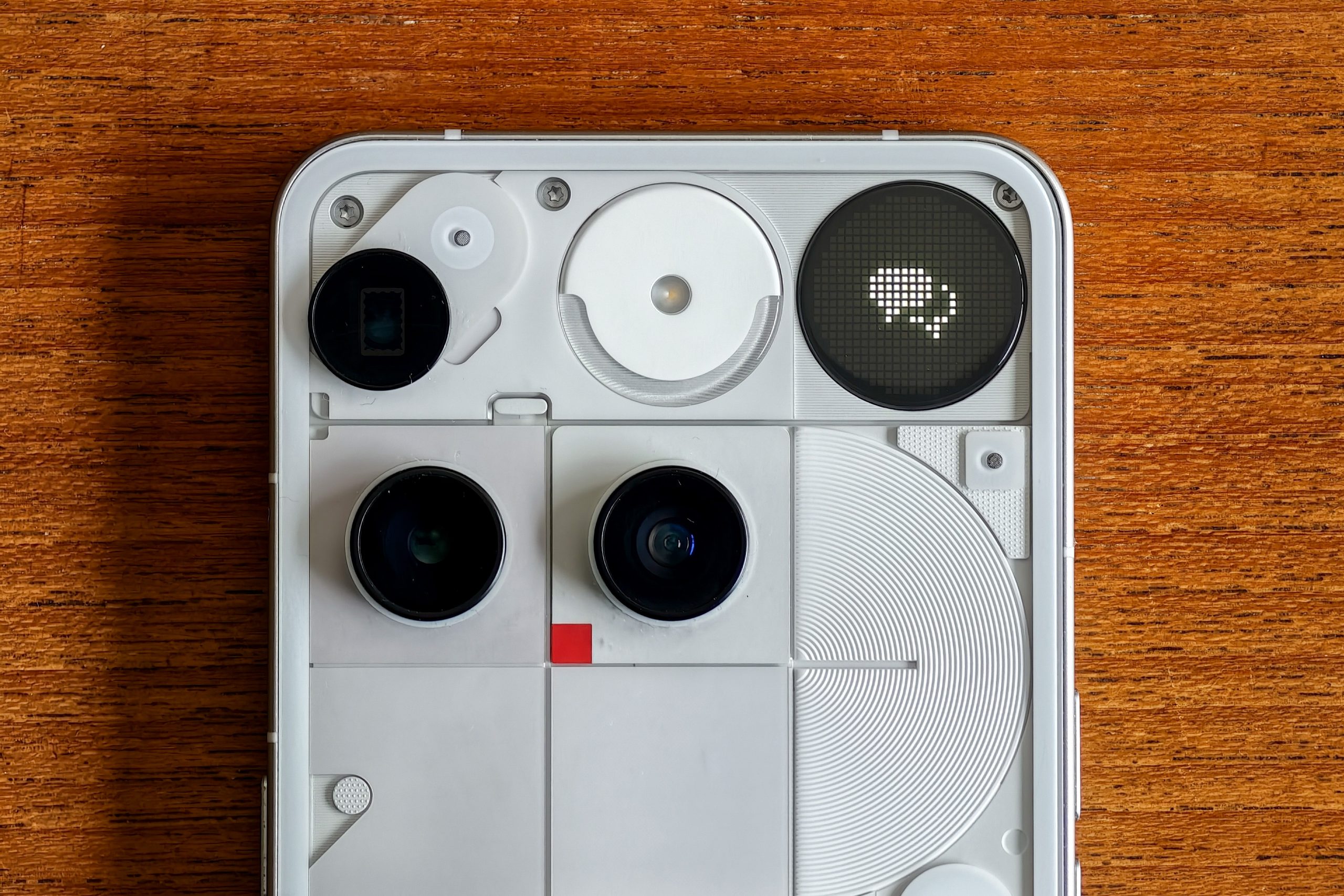London-based tech startup Nothing, valued at $1.3 billion after a recent $200 million funding round, has boldly announced its plans to revolutionize the tech landscape with a new generation of “AI-native” devices. Founder and CEO Carl Pei envisions a future where hardware seamlessly integrates with a hyper-personalized AI operating system, impacting everything from smartphones and smartwatches to more futuristic devices like smart glasses and even electric vehicles. This ambitious undertaking, however, faces significant hurdles. The company must overcome the historical challenges of widespread market adoption for AI-centric devices, a feat that has eluded even tech giants like Apple. The success of Nothing’s venture hinges on its ability to deliver a truly innovative and user-friendly experience that sets it apart from the competition, including the intriguing, yet secretive, screen-free device being developed by former Apple designer Jony Ive in collaboration with OpenAI.
Nothing’s AI-Focused Operating System: A Leap of Faith?
Central to Nothing’s strategy is its development of a bespoke AI operating system. While details remain scarce, Pei emphasizes the OS’s ability to deliver a hyper-personalized user experience. The question remains whether this OS will be built upon Android, like the company’s current Nothing OS, or represent a completely independent platform. The success of this ambitious undertaking hinges on its ability to seamlessly integrate AI functionality without compromising user experience or privacy. This represents a significant challenge, requiring innovative solutions for data handling and personalized AI interactions.
The Challenge of Market Penetration: A Steep Climb
The market for AI-focused devices has historically been challenging, with widespread adoption proving elusive. Nothing faces the difficult task of not only developing a compelling AI-native platform but also creating enough demand to compete with established tech giants and emerging players. Their success relies heavily on effectively communicating the value proposition of their AI-integrated devices to consumers, a task that will require a sophisticated marketing strategy.
Nothing’s Unique Approach: Contextual Awareness as a Key Differentiator
Nothing argues that its unique approach to AI integration, emphasizing ‘last-mile distribution’ and contextual awareness, positions it for success. By owning the entire user experience, from device hardware to software and data processing, the company aims to create a deeply personalized and intuitive AI experience. This strategy, however, requires a robust and secure infrastructure capable of handling vast amounts of user data while adhering to privacy regulations.
The Future Landscape: A Race Against Time and Competitors
The company is aiming to launch its first AI-native devices in 2024. This aggressive timeline highlights the competitive pressure in the burgeoning AI device market. With several other ambitious projects in development, including Jony Ive’s mysterious device, Nothing’s success will depend on its ability to deliver on its ambitious promises and capture a significant market share.
Conclusion: A High-Stakes Gamble with Potential for High Rewards
Nothing’s ambitious venture into AI-native devices represents a significant gamble, requiring both technological innovation and shrewd marketing. The success of this strategy remains uncertain, with the company facing numerous challenges including market penetration, competition from established players, and the potential pitfalls of AI integration. However, if Nothing can deliver on its promises of a seamless, hyper-personalized, and genuinely useful AI experience, its $200 million investment could yield significant returns, setting a new standard for how we interact with technology in the years to come. The company’s success will depend on its ability to execute its vision effectively and navigate the complexities of the AI-driven technology landscape.

